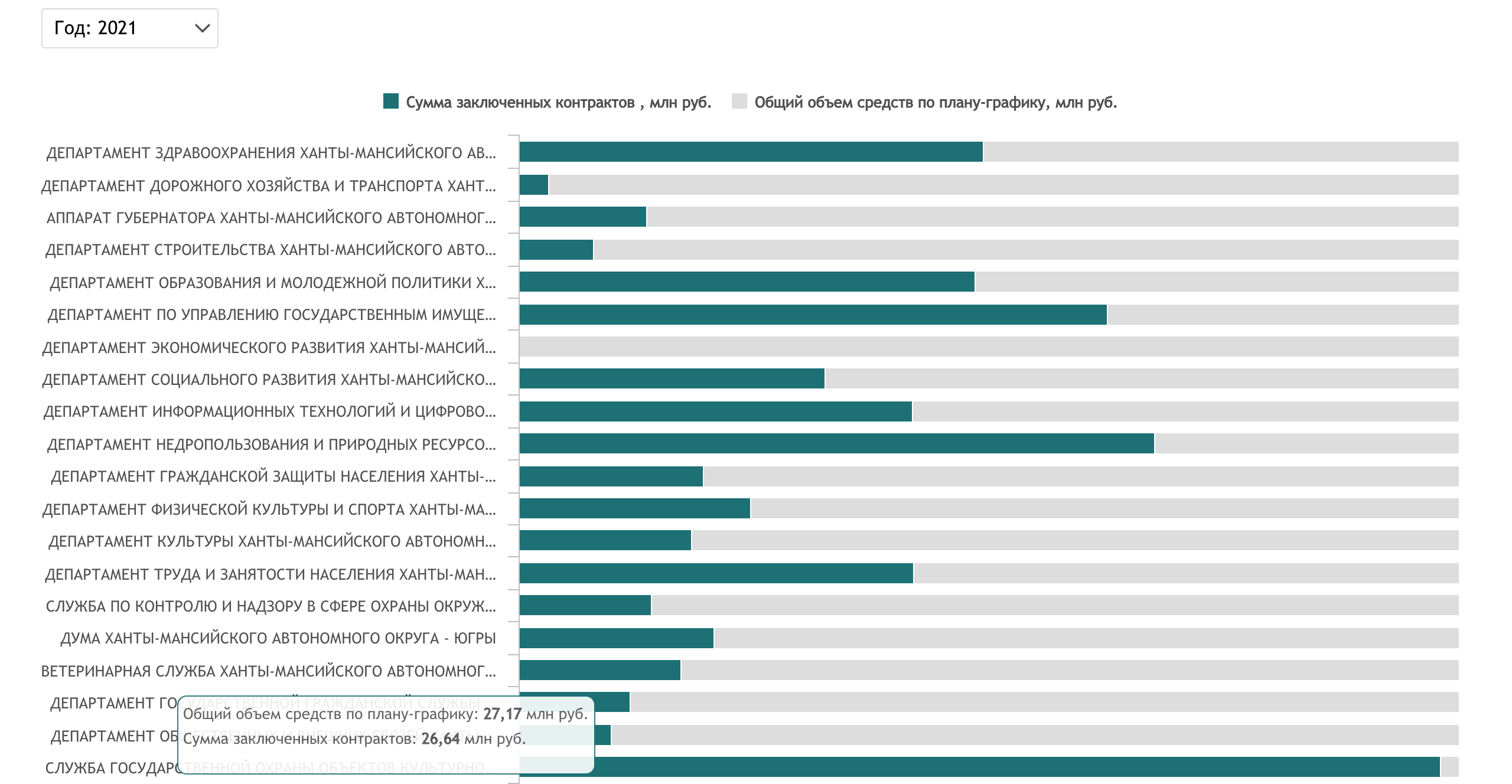Why Consistent Documentation is Essential for Successful Supplier Audi…
페이지 정보
작성자 Denisha Daddari… 작성일 25-09-21 06:09 조회 4 댓글 0본문

Consistent recordkeeping is a foundation of reliable supplier audits. When auditors review a supplier’s records, they are not just verifying compliance—they are assessing the integrity of the supplier’s comprehensive quality framework. Disparate recordkeeping creates ambiguity, raises red flags, and can lead to misleading judgments about a supplier’s regulatory adherence and operational efficacy. For example, if one batch of product has a test report with detailed measurements while another uses generalized statements like "passed inspection," it becomes extremely difficult to determine whether technical criteria are being upheld uniformly. This inconsistency undermines confidence and increases the risk undetected defects or noncompliance.
Consistent documentation ensures that every step of the process—from incoming material intake to customer dispatch—is recorded in the standardized structure, using the same terminology and benchmarks. This uniformity allows auditors to analyze trends across production cycles, detect patterns, and anticipate risks before they become major problems. It also makes it more efficient for suppliers to educate teams, uphold operational standards, and handle audit inquiries efficiently. When templates, inspection sheets, and reports are harmonized, employees are less likely to make errors and omit procedures, and audits become more efficient and highly effective.
Additionally, compliance authorities and аудит поставщика clients increasingly demand verifiable and consistent data. Inconsistent documentation can lead to audit failures, shipment holdups, lost contracts, or even litigation risks. A supplier with patchy documentation may appear negligent, even if their production methods are sound. On the other hand, a supplier who maintains consistent documentation demonstrates professionalism, attention to detail, and a commitment to quality. This reputation can be a powerful market edge.
Ensuring standardized records requires clear policies, regular training, and ongoing oversight. Suppliers should define standard templates for all key documents, ensure everyone uses them, and schedule regular compliance checks to catch deviations. Digital tools offer support—digital platforms with built-in validations and proactive alerts reduce manual mistakes and ensure consistency. But even the most advanced systems are ineffective without a culture that values accuracy.
In the end, consistent recordkeeping is not just an paperwork requirement—it is a manifestation of a supplier’s overall operational integrity. Audits are not about identifying errors; they are about confirming process effectiveness. Uniform records is the clearest proof that they do.
댓글목록 0
등록된 댓글이 없습니다.
